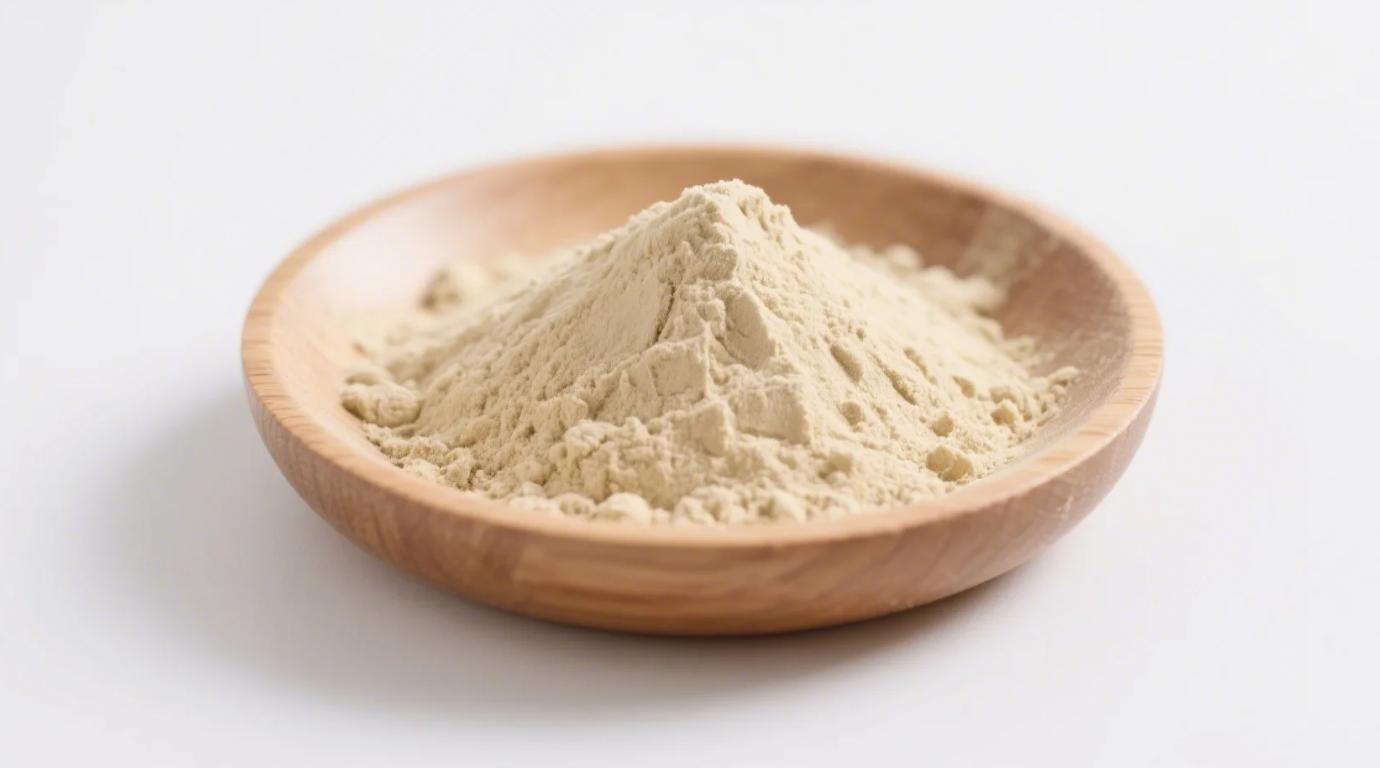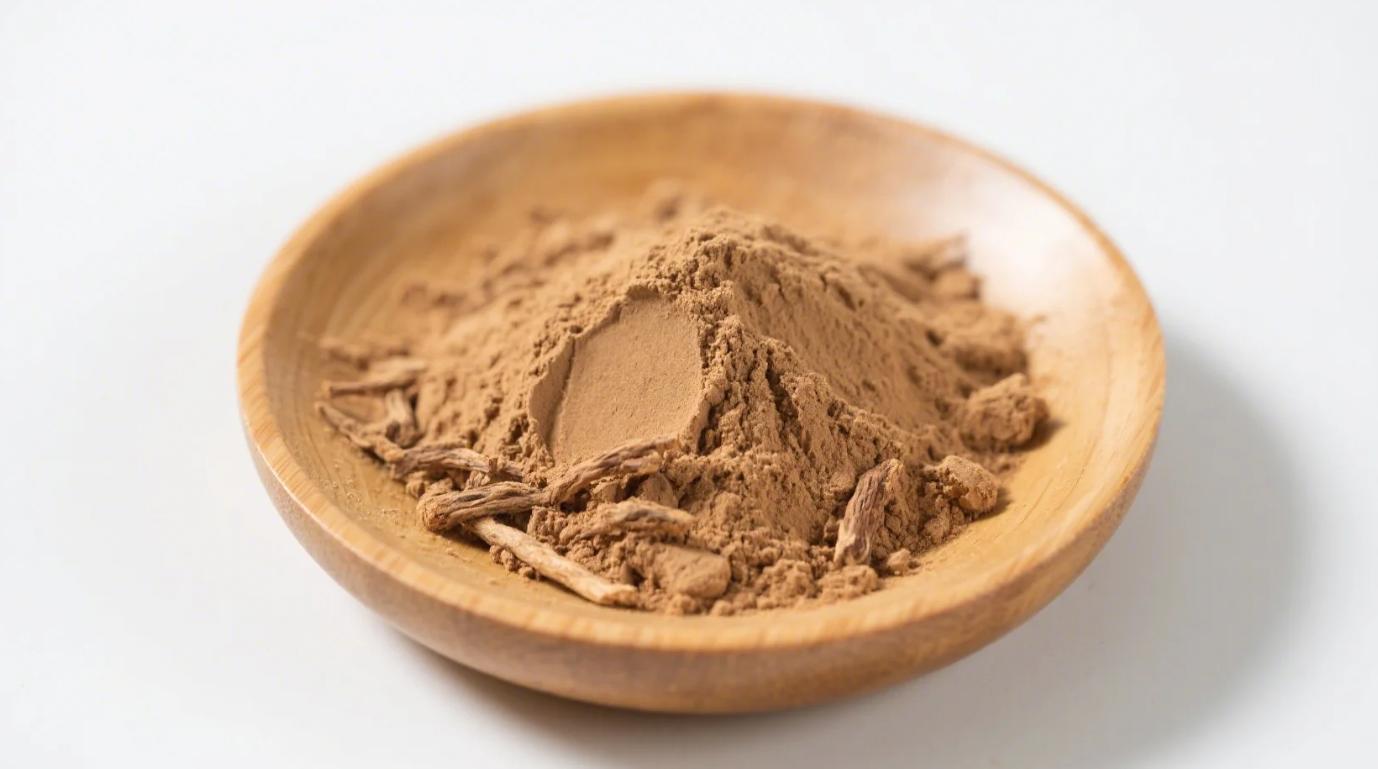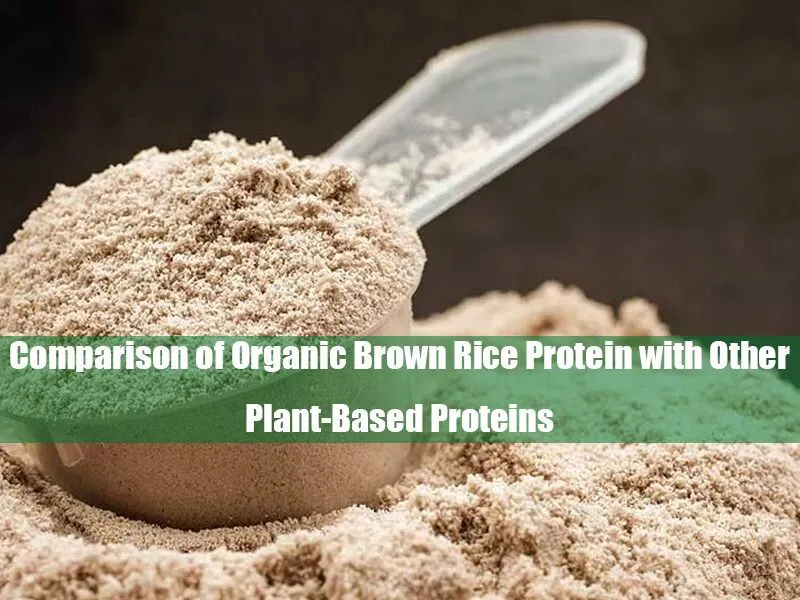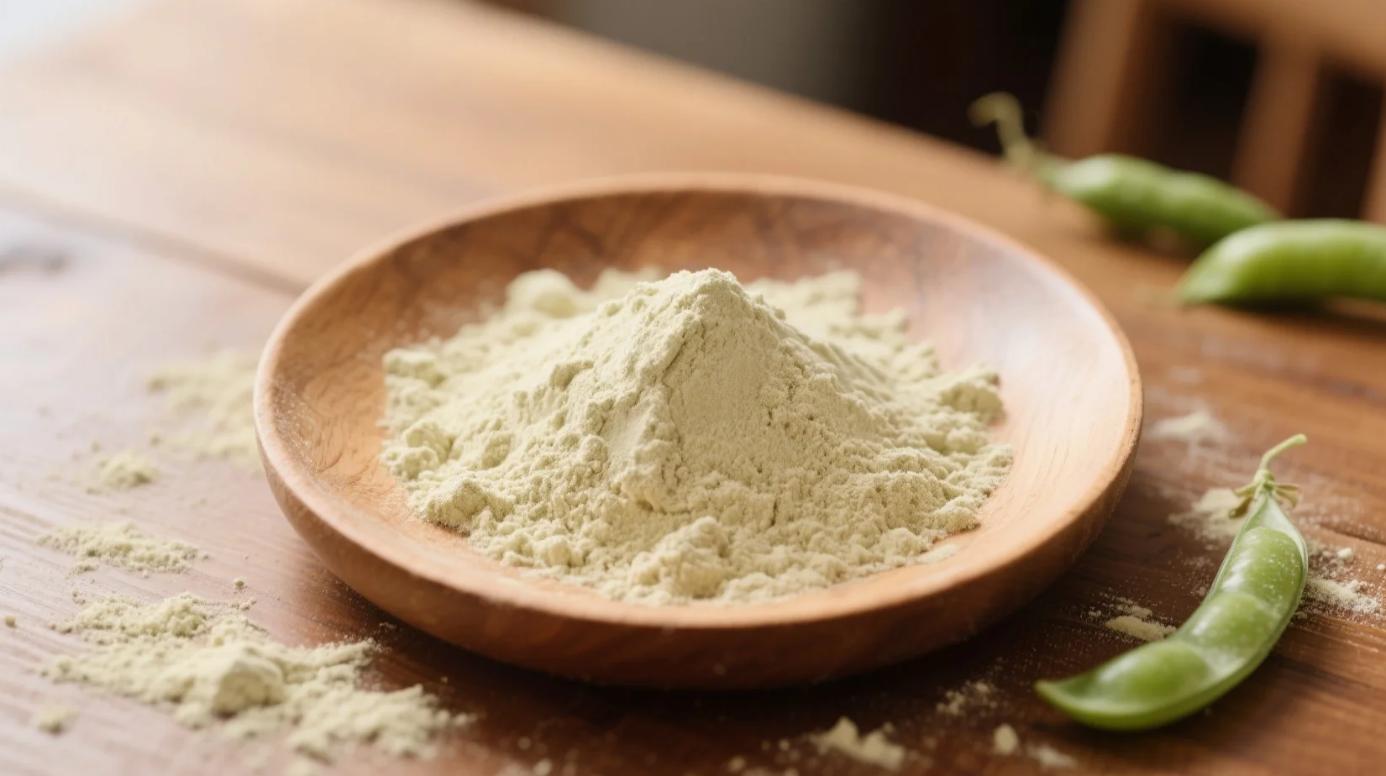Table of Contents
Dandelion, often dismissed as a pesky weed, is a nutritional powerhouse in herbal medicine. Both organic dandelion powder (made from leaves and flowers) and organic dandelion root extract powder (a concentrated form of the root) are praised for detoxifying the liver, aiding digestion, and reducing inflammation. However, despite their benefits, dandelion isn’t safe for everyone. Let’s uncover who should steer clear, why, and how to use these powders responsibly.
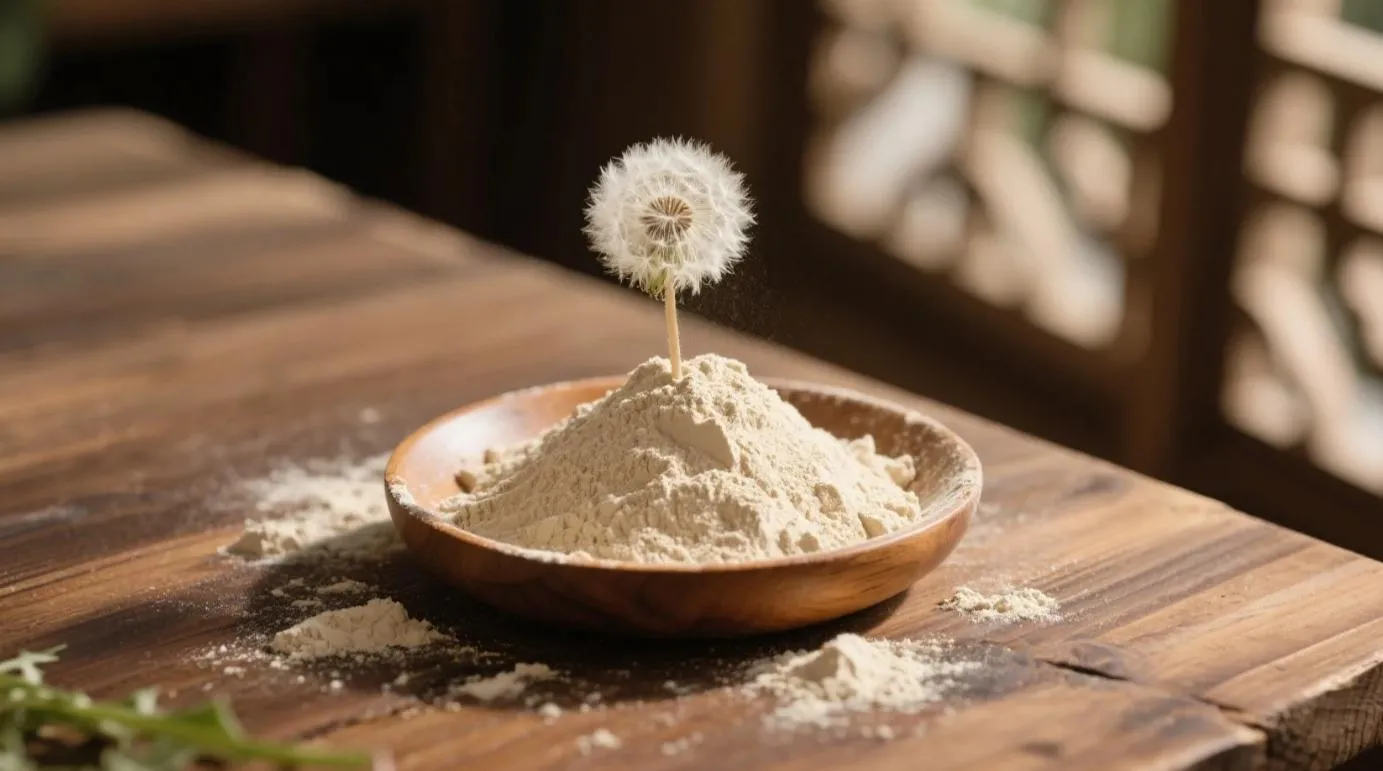
Organic Dandelion Powder vs. Root Extract Powder: Key Differences
Understanding their distinct uses and risks is crucial:
| Factor | Organic Dandelion Powder | Organic Dandelion Root Extract Powder |
|---|---|---|
| Source | Leaves, flowers | Root (dried and concentrated) |
| Primary Uses | Diuretic, vitamin A/C source | Liver detox, blood sugar balance |
| Potency | Mild | High (up to 5x concentrated actives) |
| Key Compounds | Taraxasterol, potassium | Sesquiterpene lactones, inulin |
| Risk Profile | Lower | Higher (due to concentrated effects) |
6 Groups Who Should Avoid Dandelion
1. People with Gallbladder or Bile Duct Issues
Conditions: Gallstones, bile duct obstruction, cholecystitis.
Why Avoid: Dandelion root stimulates bile production, which can force gallstones into narrow ducts, causing severe pain or emergencies.
⚠️ Higher Risk with: Organic dandelion root extract powder (stronger cholagogue effect).
Alternatives: Milk thistle (gentler on bile flow).
2. Those Allergic to Ragweed, Marigolds, or Chamomile
Why Avoid: Dandelion belongs to the Asteraceae family, sharing proteins with ragweed. Cross-reactivity can trigger:
- Itchy throat, hives, or anaphylaxis.
- Contact dermatitis (when handling raw powder).
- Testing Tip*: Apply a diluted paste on your forearm and wait 24 hours before oral use.
3. Pregnant or Breastfeeding Women
Why Avoid:
- Uterine Stimulation: Dandelion root contains compounds that may increase uterine contractions, risking miscarriage.
- Laxative Effect: High potassium in dandelion leaf powder may disrupt electrolyte balance in sensitive individuals.
- Organic Exception*: Some midwives approve small doses of organic dandelion leaf powder for postpartum edema—consult a doctor first.
4. People on Medications
Drug Interactions:
- Diuretics: Dandelion’s natural diuretic effect may compound potassium loss with drugs like furosemide, causing arrhythmias.
- Lithium: Dandelion root may reduce lithium excretion, increasing toxicity risk.
- Blood Thinners: High vitamin K content (leaf powder) can counteract warfarin.
⚠️ Higher Risk with: Root extract powder (potentiated effects).
5. Kidney Disease Patients
Conditions: Chronic kidney disease (CKD), kidney stones.
Why Avoid:
- Oxalate Content: Dandelion leaves contain oxalates, which can crystallize in kidneys, worsening stones.
- Electrolyte Imbalance: Diuretic properties may strain compromised kidneys, altering sodium/potassium levels.
- Alternatives*: Nettle leaf (lower oxalate, kidney-supportive).
6. Diabetics on Insulin or Hypoglycemics
Why Avoid: Dandelion root extract can lower blood sugar significantly, risking dangerous hypoglycemia when combined with medications.
Safe Use: Monitor glucose closely and consult a doctor before using organic dandelion root extract powder.
Why “Organic” Matters for Dandelion Products
Non-organic dandelion often absorbs pollutants like lead, pesticides, or roadside exhaust. Certified organic dandelion powders ensure:
✅ No synthetic chemicals or heavy metals
✅ Sustainable harvesting (prevents overharvesting wild dandelion)
✅ Higher active compound levels (organic soils enhance nutrient density)
How to Use Dandelion Powders Safely (If Eligible)
- Start Low: Begin with ½ tsp dandelion powder or ¼ tsp root extract daily.
- Time It Right: Take leaf powder in the morning (diuretic effect); root extract before meals for digestion.
- Cycle Usage: Use for 3 weeks, then pause for 1 week to prevent tolerance.
- Hydrate: Drink 2 cups of water after consumption to support kidney function.
When to Stop Immediately
Discontinue use and seek medical help if you experience:
- Severe Abdominal Pain: Possible gallstone movement or bile duct blockage.
- Hypoglycemia Symptoms: Dizziness, sweating, confusion.
- Allergic Reaction: Swelling, difficulty breathing.
FAQs: Dandelion Safety Explained
Q: Can dandelion cause electrolyte imbalances?
A: Yes. The leaf powder’s diuretic effect may deplete potassium or sodium in excessive doses. Pair with electrolyte-rich foods (bananas, coconut water).
Q: Is dandelion root extract safe for acne?
A: Yes, but avoid if allergic. Mix ½ tsp organic dandelion root extract powder with honey as a detoxifying face mask.
Q: Can dandelion interact with antidepressants?
A: Limited evidence, but high doses may interfere with SSRIs due to liver enzyme modulation.
Q: Is dandelion safe for pets?
A: Dogs can safely consume ¼ tsp organic dandelion powder daily for joint health. Avoid for cats (risk of oxalate issues).
The Verdict
While organic dandelion powder and root extract powder offer powerful health benefits, they’re not universally safe. Individuals with gallbladder issues, kidney disease, ragweed allergies, or specific medication regimens should avoid them entirely. For others, cautious dosing, medical guidance, and organic sourcing are key to unlocking dandelion’s potential without harm.

Embrace Nature’s Wisdom—Mindfully
Choose certified organic dandelion products from trusted brands that prioritize purity and transparency. Whether you brew a detox tea with leaf powder or support liver health with root extract, let knowledge guide your wellness journey.
Your health deserves informed choices—nourish it wisely.
Related Products
Organic Dandelion Root Extract Powder
Brown fine powder, extract ratio 4:1–10:1, rich in inulin and flavonoids, water-soluble,…
Organic Dandelion Root Powder
Brown-yellow fine powder, 80–100 mesh, rich in inulin and natural antioxidants, USDA…
